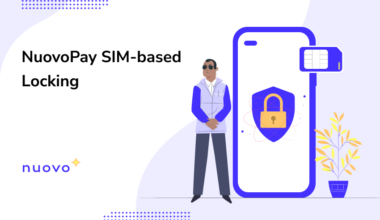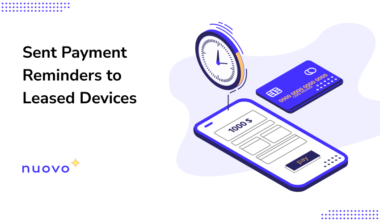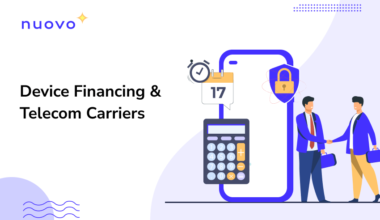“Anything you can do, I can do better.”
That’s probably what smartphones would say to computers if they came to life. It would seem to be a reasonable argument as people’s reliance on smartphones continues to grow. With each passing generation, smartphones get more powerful with heavy-duty processors, 5G connectivity, and wide screens. It makes sense that smartphones would serve people as a primary computing device.

However, the pro-computer citizens of the world would argue that smartphones are useful only when users need quick, trivial work. Whereas, people would prefer desktop computers to carry out important tasks. In cases where the stakes are high and mistakes would have severe consequences (e.g., filing tax returns), people would feel safer on larger screens.
But what about people who don’t have a desktop computer? What about people without broadband internet connection at home? People still need to access the same information, just presented in a different format for smartphones.
Smartphone-only internet users are growing
Affordability and a convenience-driven mindset have increased smartphone ownership across the globe. According to Pew Research, about 15% of US adults are smartphone-only internet users – they have a smartphone, but do not have a home broadband connection. As smartphone ownership grows, more people will use it to navigate the internet.
Nearly three-quarters of internet users will use the web from their smartphones by 2025. That’s almost 3.7 billion people.
Most of the growth is expected from emerging countries such as China, India, Indonesia, Nigeria, and Pakistan.
Unsurprisingly, the time spent on smartphones is set to overtake the time spent on accessing the internet from desktop computers.
Smartphone Usage vs. Desktop Usage
- Last year, the total number of unique mobile internet users reached 4.32 billion, highlighting that 90% of the global population uses a mobile device to go online.
- Most smartphones are designed for consuming content rather than generating it. 25% of the total social media consumption is accessed through mobile devices.
- 8 out of 10 smartphone users have made an online purchase using a mobile device in the last 6 months.
- As of May 2022, the market share of mobiles was 59%, with desktops following at over 38%. The remaining 3% can be attributed to tablets.
Read More: 10+ Popular Global Smartphone Statistics (2022)
Smartphone-only users try to bridge the digital divide
People from lower-income households find it harder to afford home broadband services and a desktop or laptop computer that can enable them to go online. With fewer options left for online access, people are relying more on smartphones.
This inadvertently makes more people smartphone-only users. Moreover, many emerging markets skipped the desktop internet phase and leapfrogged into mobile internet via smartphones and tablets.
Low infrastructure restraints and cheap data have made many developing countries, such as India, a market with a significant mobile-first population. In leading African nations, mobile accounts for more than half of the website traffic.
In addition to internet usage, people are more likely to use smartphones for important tasks usually reserved for large screens. For example, word processing, filling out applications, and editing documents on a PC are convenient and less prone to errors.
While smartphones and tablets provide better flexibility and portability, computers are better performers of complicated computing tasks. Not all smartphone-only users have access to a PC or laptop, leaving them with little choice but to carry out essential activities on mobile devices.
Wrapping Up
The time spent on smartphones is going to overtake the time spent on PCs, with users preferring the experience offered by mobile devices. They also spend money on learning, shopping, and entertainment when they use smartphones. As the majority of the population goes mobile, customer-centric businesses will need to offer a first-rate mobile experience to reap financial benefits.
Resources:





